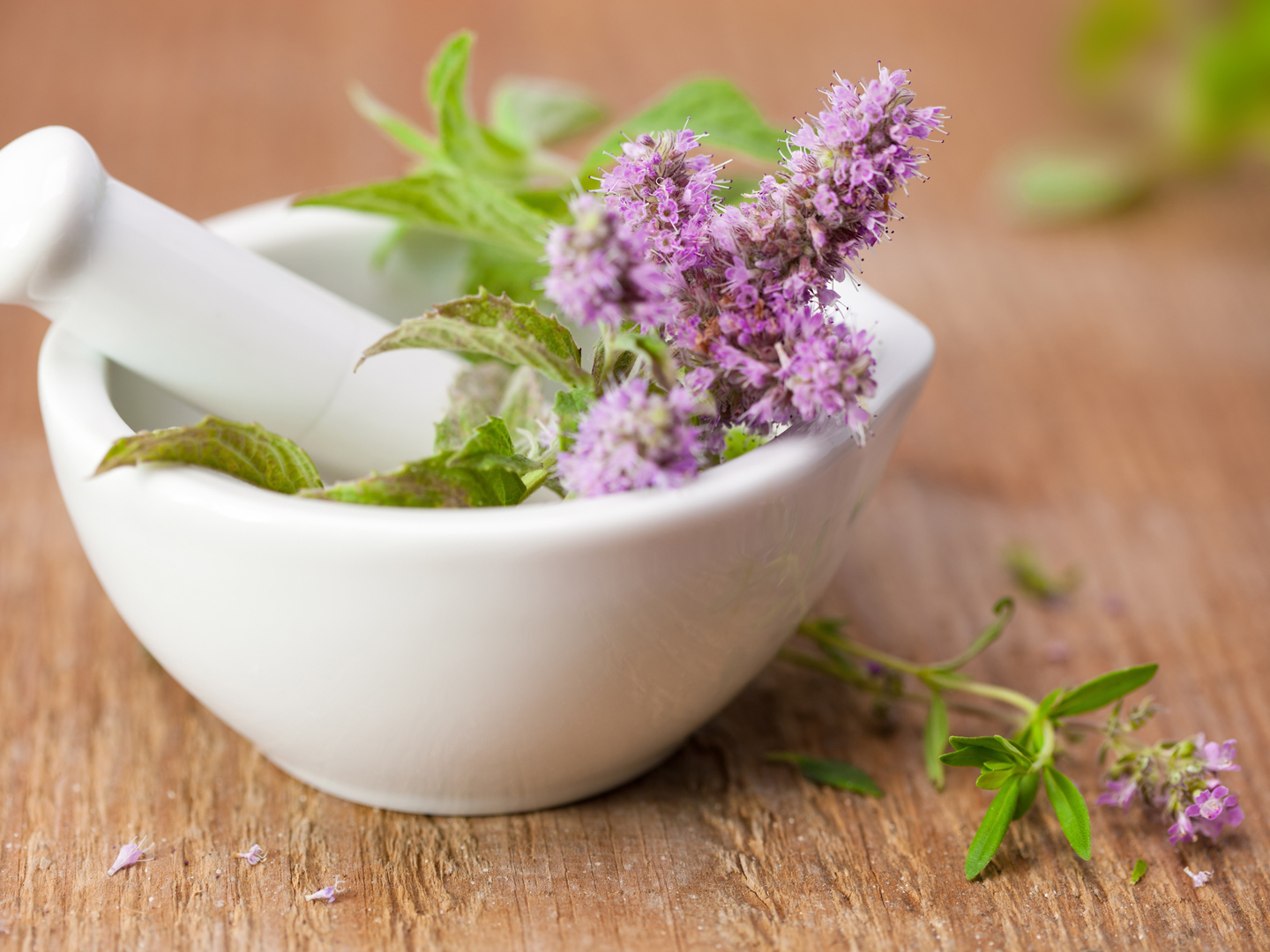Best Herbs for Culinary & Medicinal Use: A Comprehensive Guide

Have you ever wondered why certain herbs have the power to transform a dish from bland to extraordinary? Or why ancient civilizations relied on herbal medicine for healing? The world of herbs is a treasure trove of culinary delights and medicinal wonders. In this article, we'll explore the best herbs for culinary and medicinal use, uncovering their benefits and providing practical tips for incorporating them into your daily life.
The Magic of Herbs: An Introduction
Herbs have been an integral part of human history, used for their culinary and medicinal properties for thousands of years. From the aromatic basil in Italian cuisine to the soothing chamomile in herbal teas, herbs play a vital role in our daily lives. But what makes these herbal plants so special? It's their unique combination of flavors, aromas, and healing properties that sets them apart.
Best Herbs for Culinary Use
Basil: The King of Herbs
Basil is a staple in many kitchens around the world. Its sweet, slightly peppery flavor is a perfect addition to a variety of dishes. Whether you're making a classic pesto or adding a fresh twist to your pasta, basil is a versatile herb that can elevate any meal.
Rosemary: The Fragrant Companion
Rosemary, with its woody aroma and pine-like flavor, is a favorite among chefs. It pairs beautifully with meats, potatoes, and even bread. A sprig of rosemary can transform a simple dish into a gourmet delight.
Thyme: The Versatile Herb
Thyme is a small but mighty herb. Its subtle, slightly minty flavor is a perfect complement to a wide range of dishes. From soups and stews to roasted vegetables and meats, thyme adds a delicate touch that enhances the overall flavor profile.
Oregano: The Mediterranean Staple
Oregano is a key ingredient in many Mediterranean dishes. Its robust, slightly bitter flavor is a perfect match for tomato-based sauces, pizzas, and grilled meats. Oregano is also known for its antioxidant properties, making it a healthy addition to your meals.
Best Herbs for Medicinal Use
Chamomile: The Soothing Herb
Chamomile is renowned for its calming effects. A cup of chamomile tea can help reduce anxiety, improve sleep, and even soothe digestive issues. Its gentle, apple-like flavor makes it a popular choice for herbal teas.
Peppermint: The Refreshing Remedy
Peppermint is a versatile herb with a refreshing, minty flavor. It's often used to treat digestive problems, headaches, and even the common cold. Peppermint tea is a soothing beverage that can help alleviate symptoms and promote overall well-being.
Turmeric: The Golden Spice
Turmeric is a powerful herb with a warm, slightly bitter flavor. It's known for its anti-inflammatory and antioxidant properties, making it a popular choice for herbal healing. Turmeric can be added to curries, smoothies, and even golden milk for a health boost.
Ginger: The Warming Herb
Ginger is a versatile herb with a warm, spicy flavor. It's often used to treat nausea, digestive issues, and even muscle pain. Ginger can be added to teas, soups, and stir-fries for a flavorful and healthy addition to your meals.
Incorporating Herbs into Your Daily Life
Cooking with Herbs
Incorporating herbs into your cooking is a great way to enhance the flavor of your meals. Whether you're adding fresh basil to your pasta or sprinkling thyme on your roasted vegetables, herbs can transform a simple dish into a culinary masterpiece.
Herbal Teas
Herbal teas are a soothing and delicious way to enjoy the benefits of herbs. From calming chamomile to refreshing peppermint, herbal teas offer a variety of health benefits and are a great alternative to caffeinated beverages.
Herbal Supplements
Herbal supplements are a convenient way to incorporate the benefits of herbs into your daily routine. Whether you're taking turmeric capsules for inflammation or ginger tablets for nausea, herbal supplements can provide targeted support for your health needs.
Conclusion
Herbs are a powerful tool for both culinary and medicinal use. From the aromatic basil to the soothing chamomile, herbs offer a wide range of benefits that can enhance your meals and support your health. Incorporating herbs into your daily life is a simple and effective way to improve your overall well-being.
So, why not start exploring the world of herbs today? Whether you're trying a new recipe or brewing a cup of herbal tea, the benefits of herbs are just a sprinkle away.
FAQs
What are the best herbs for cooking?
The best herbs for cooking include basil, rosemary, thyme, and oregano. These herbs offer a variety of flavors and can be used in a wide range of dishes.
What are the benefits of herbal medicine?
Herbal medicine offers a variety of benefits, including anti-inflammatory, antioxidant, and digestive support. Herbs like chamomile, peppermint, turmeric, and ginger are known for their healing properties.
How can I incorporate herbs into my daily life?
You can incorporate herbs into your daily life by cooking with them, drinking herbal teas, and taking herbal supplements. These methods allow you to enjoy the benefits of herbs in a convenient and delicious way.
What are the best herbs for medicinal use?
The best herbs for medicinal use include chamomile, peppermint, turmeric, and ginger. These herbs offer a variety of health benefits and can be used to treat a wide range of conditions.
Are herbal supplements safe?
Herbal supplements are generally safe when used as directed. However, it's important to consult with a healthcare provider before starting any new supplement regimen, especially if you have any underlying health conditions or are taking other medications.


0 Response to "Best Herbs for Culinary & Medicinal Use: A Comprehensive Guide"
Post a Comment